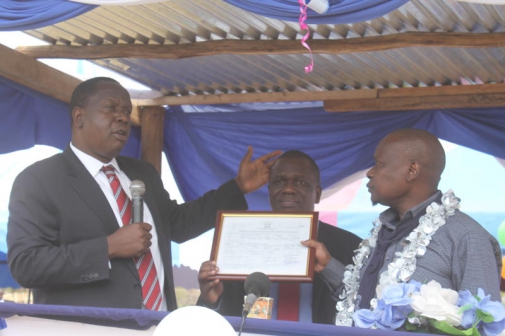×
The Standard e-Paper
Smart Minds Choose Us

The Ministry of Education will on January 30 present the proposed curriculum to stakeholders for review at a national conference in Nairobi.
This will be the culmination of almost a two-decade-long effort to reform the education system. Delegates will analyse and debate the Basic Education Curriculum Framework to be presented by Education Cabinet Secretary Fred Matiang’i.